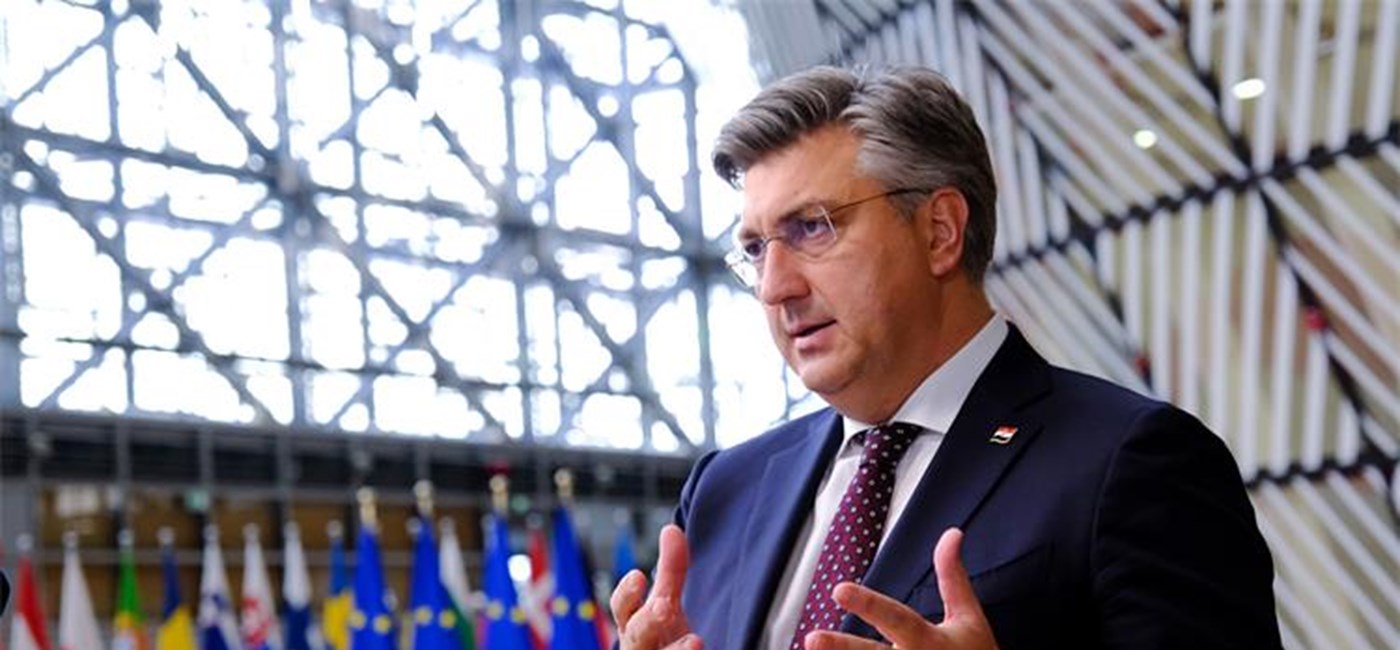Investing in the crucial energy infrastructure, the Krk LNG terminal, Plinacro gas pipelines and JANAF oil pipelines makes it possible for Croatia to provide its neighbours with a diversified supply of energy, Plenković said explaining that it is also possible due to Croatia's geographical position and its existing infrastructure in which both Croatian and EU funds would be further invested.
The current capacity of the oil pipeline infrastructure can be heightened from 11.4 million tonnes annually to 15.6 million tonnes, and this will suffice for supplying oil refineries in Hungary and Slovakia with crude oil, according to Plenković.
Concerning the floating LNG terminal off the island of Krk, its initial capacity was 2.6 billion cubic metres, and it has risen to 2.9 billion, with a possibility of further increasing to 3.5 billion. The upgrade of a part of the facility can boost the capacity to 6.1 billion cubic metres of gas, said the premier, explaining that it will satisfy Croatia's annual needs of 2.9 billion and will be also sufficient for neighbouring countries: Slovenia, Hungary and Bosnia and Herzegovina.
During their summit in France in March, the EU member-states undertook to gradually reduce their dependence on Russia's fossil fuels.
During the latest summit in Brussels, the European Union agreed on a new set of sanctions whereby seaborne oil imports from Russia would be immediately banned. Two thirds of the Russian oil imported by the EU comes via tanker and one third by the Druzhba pipeline. The embargo on seaborne oil imports would therefore apply to two thirds of all oil imported from Russia. Since Germany and Poland announced that they would completely give up Russian oil by year's end, the import of Russian oil will drop by 90%.
Text: Hina

.jpg?preset=news-carousel-img)


